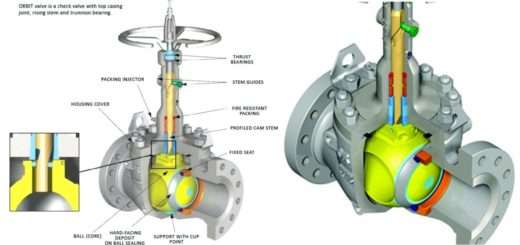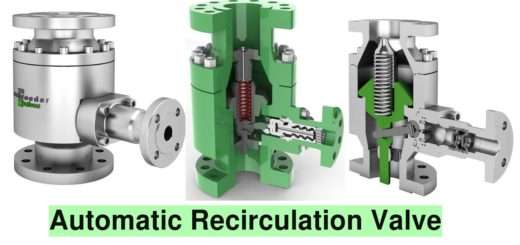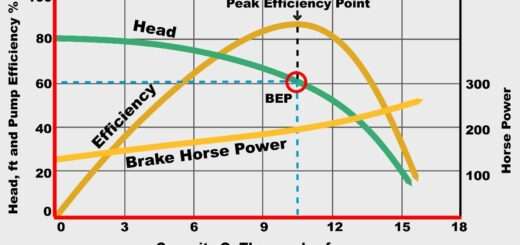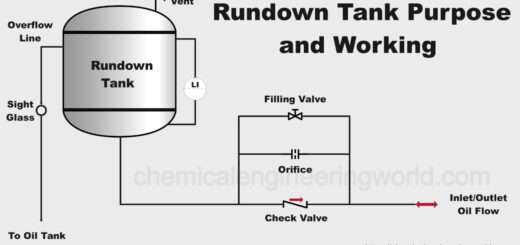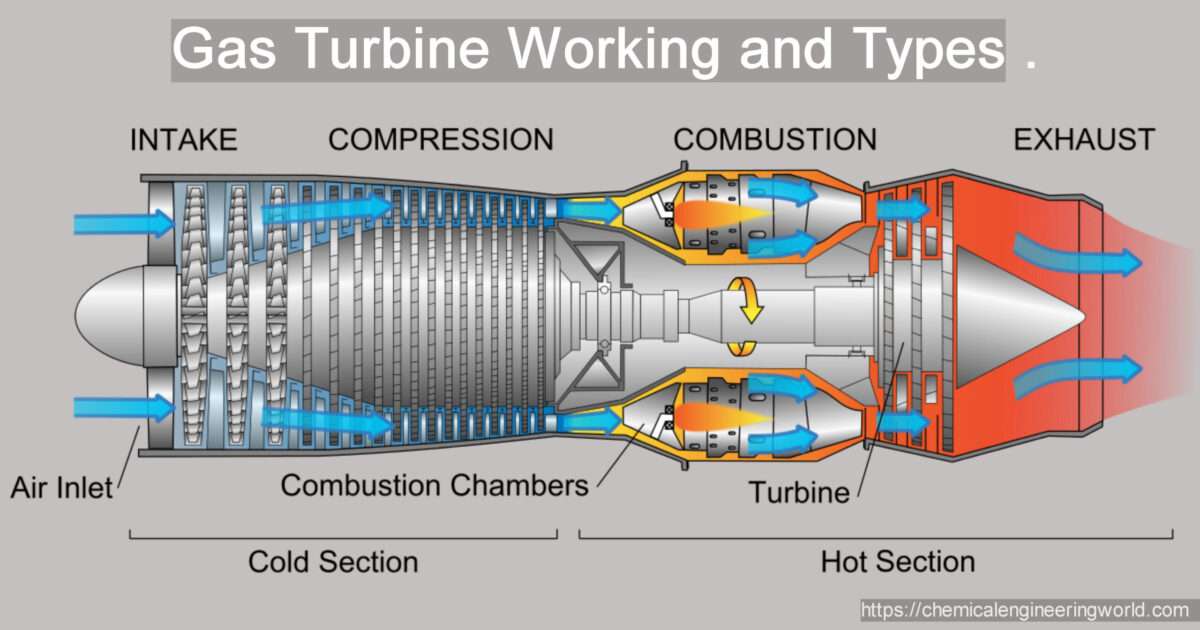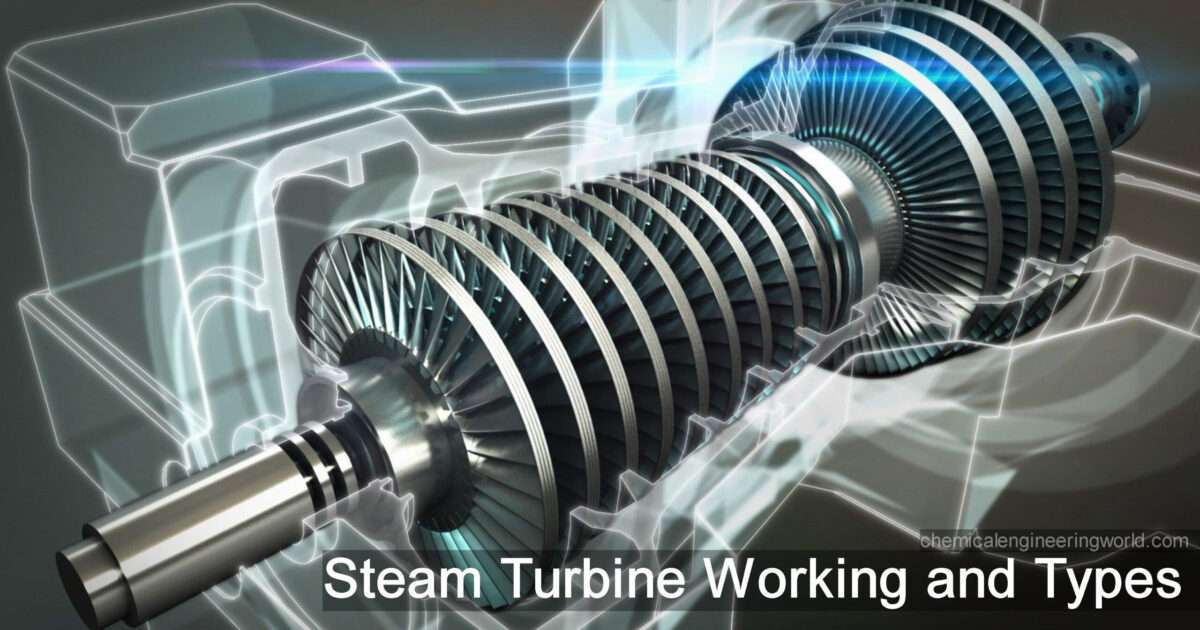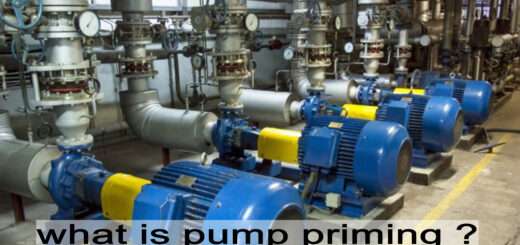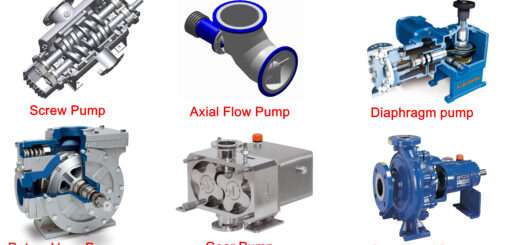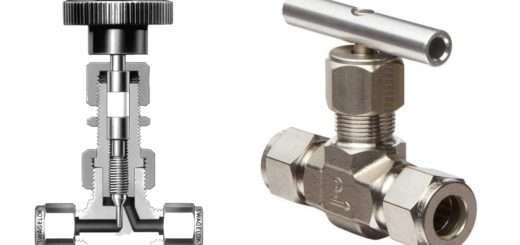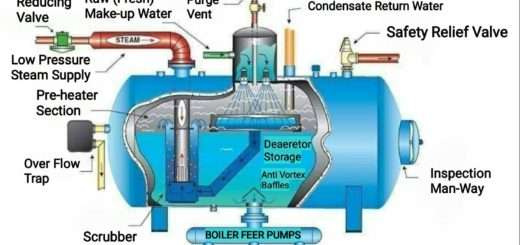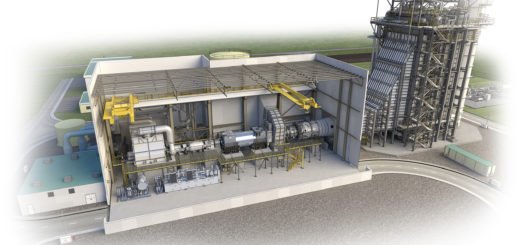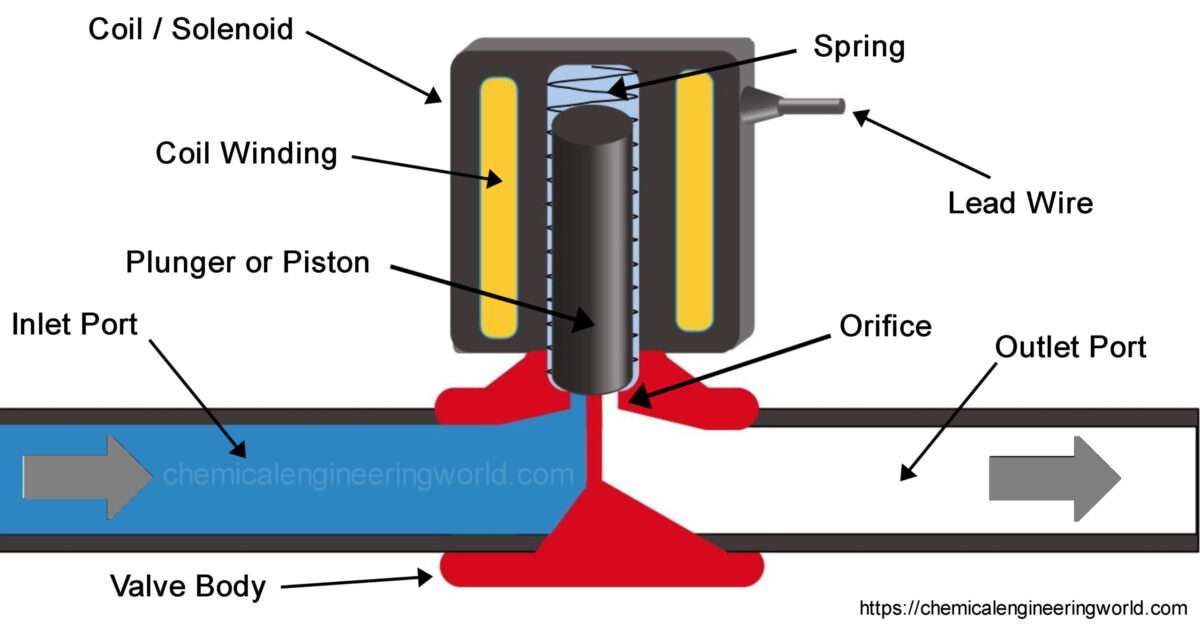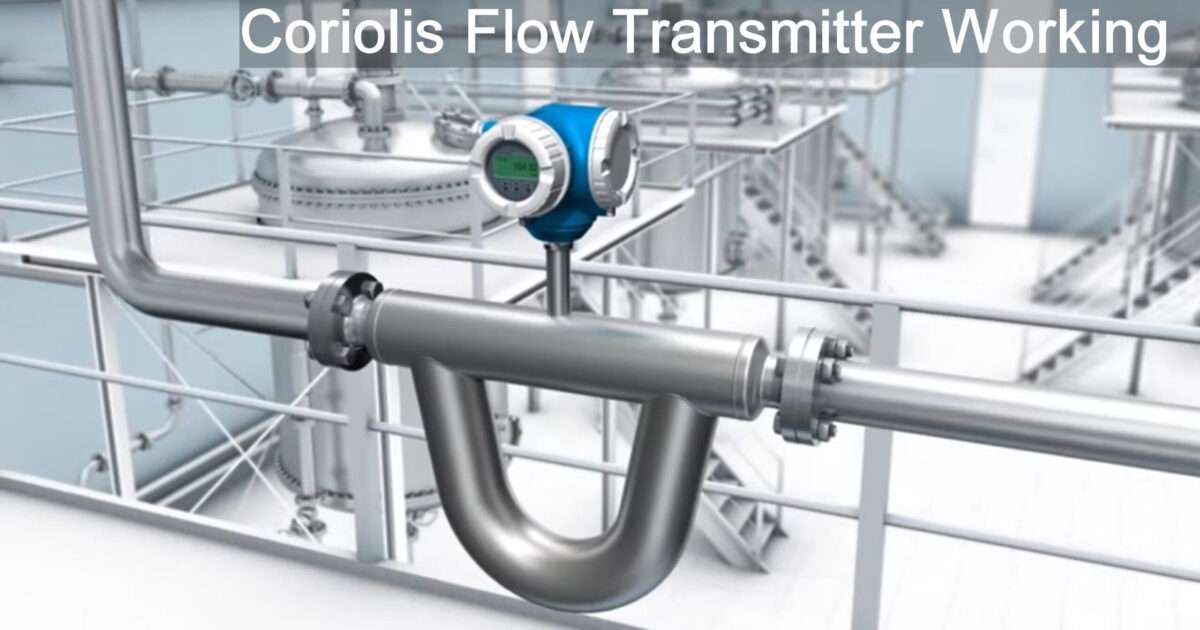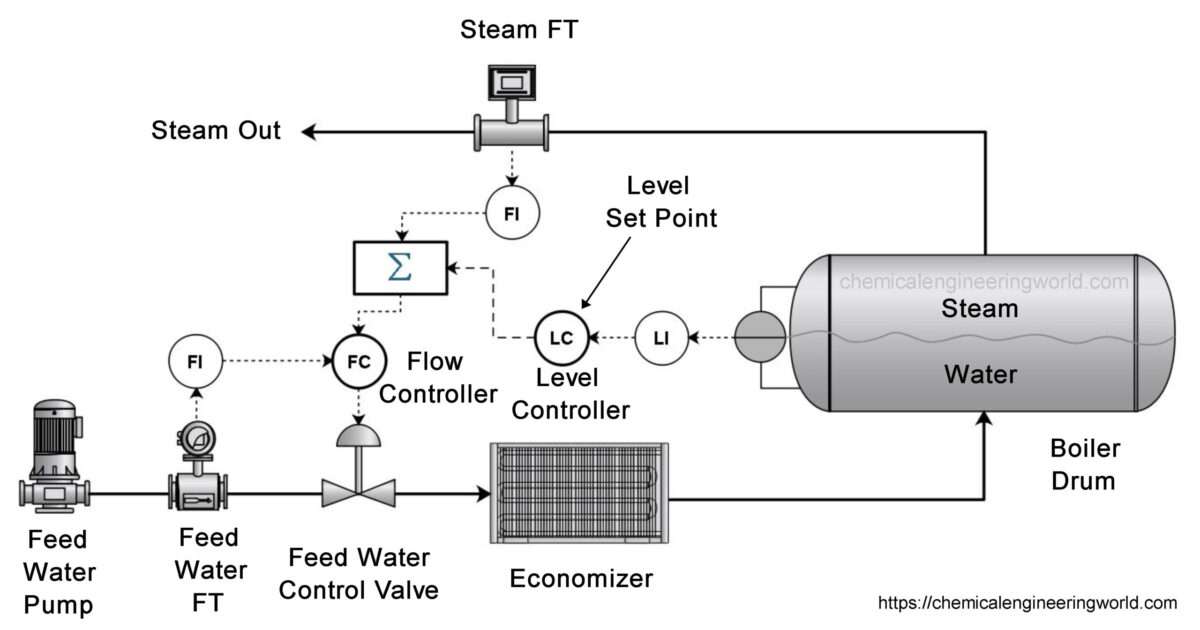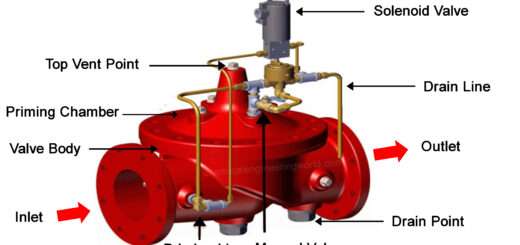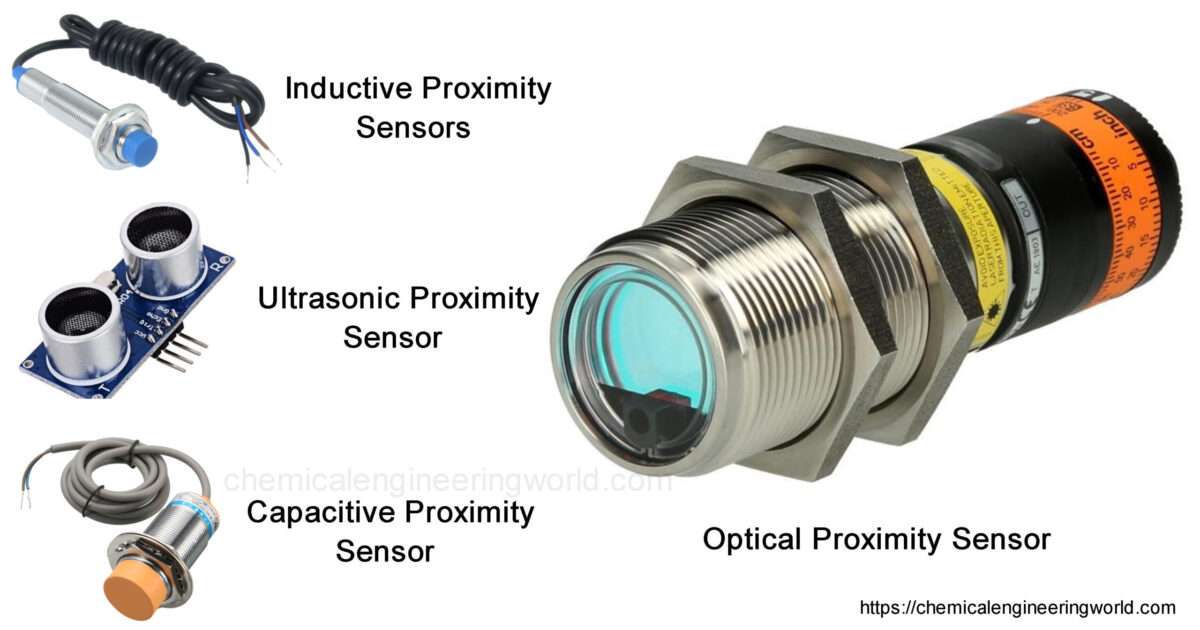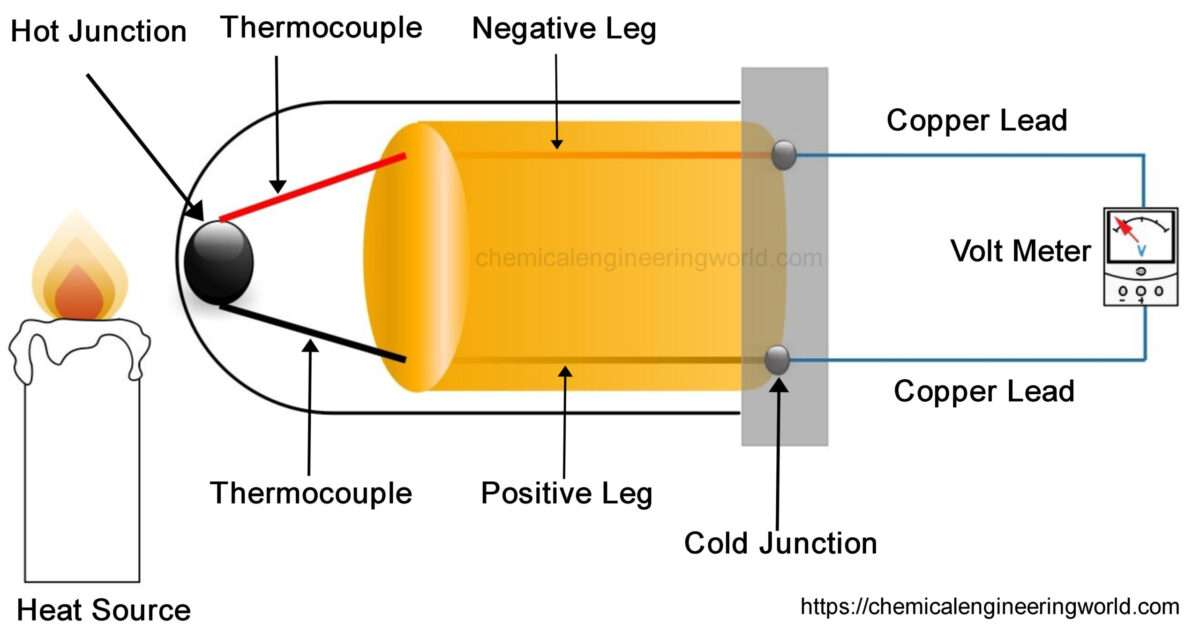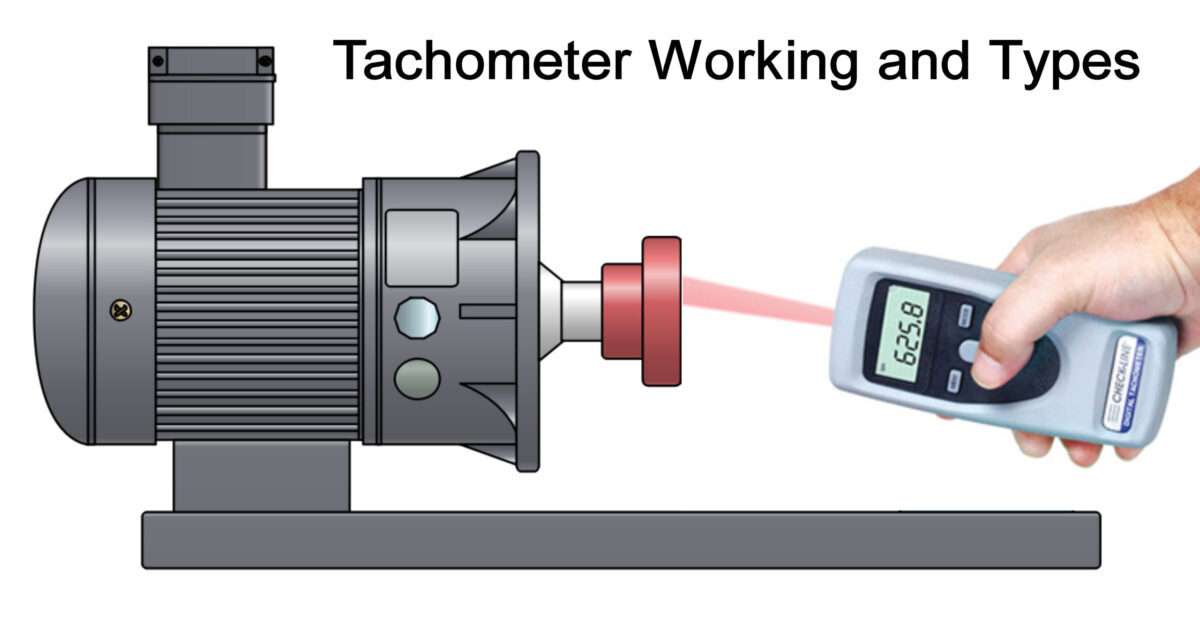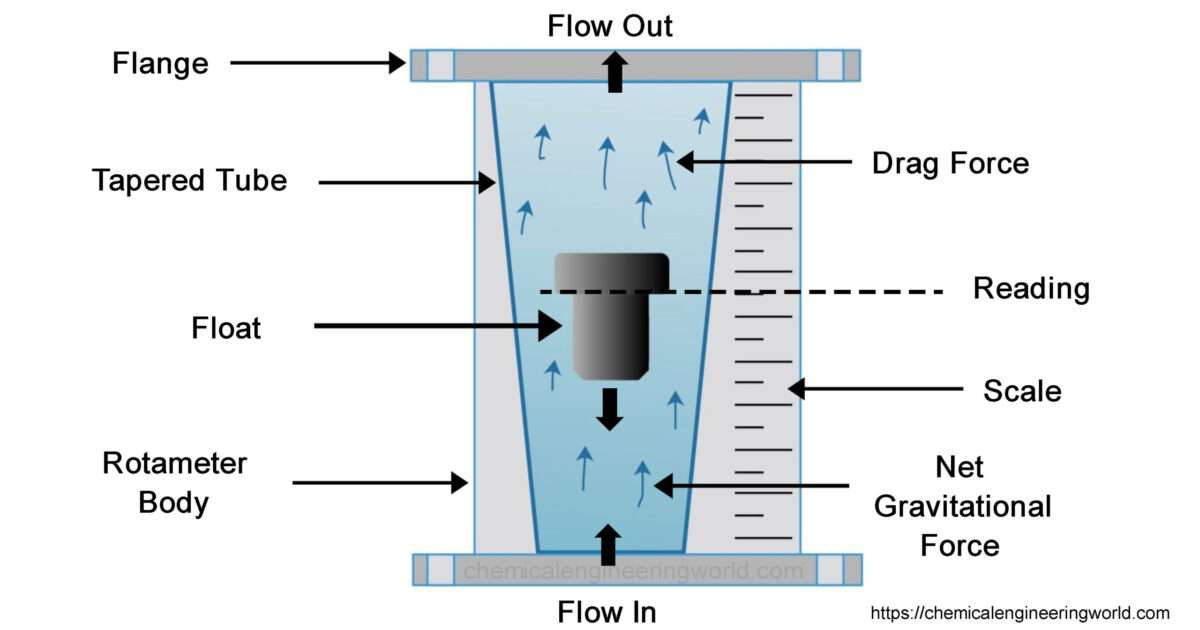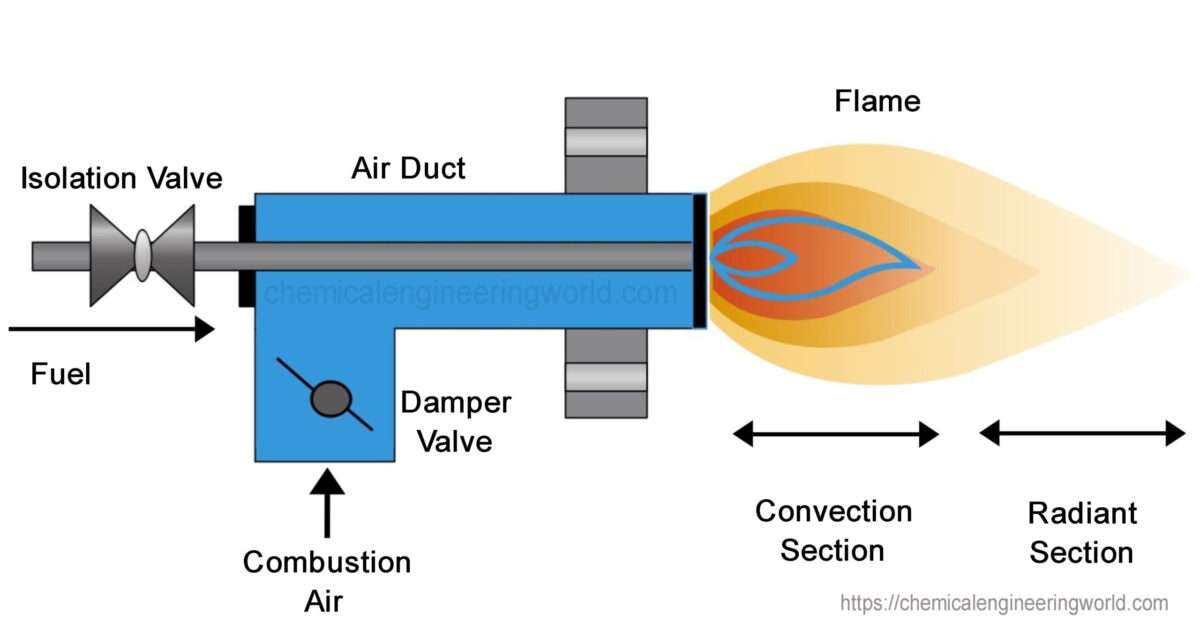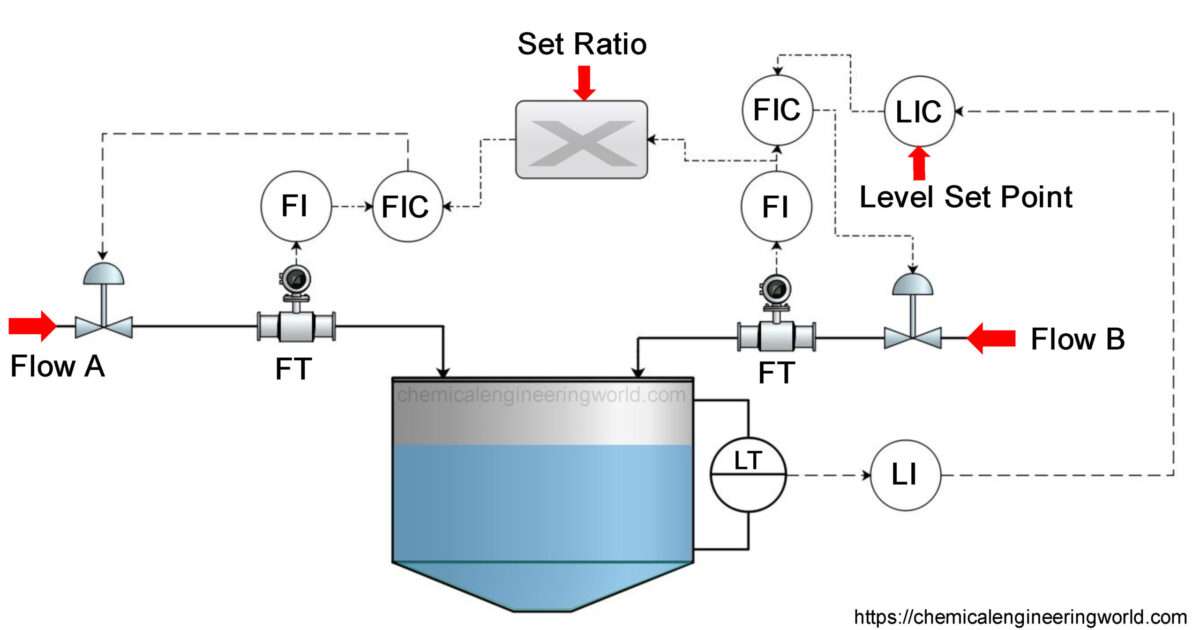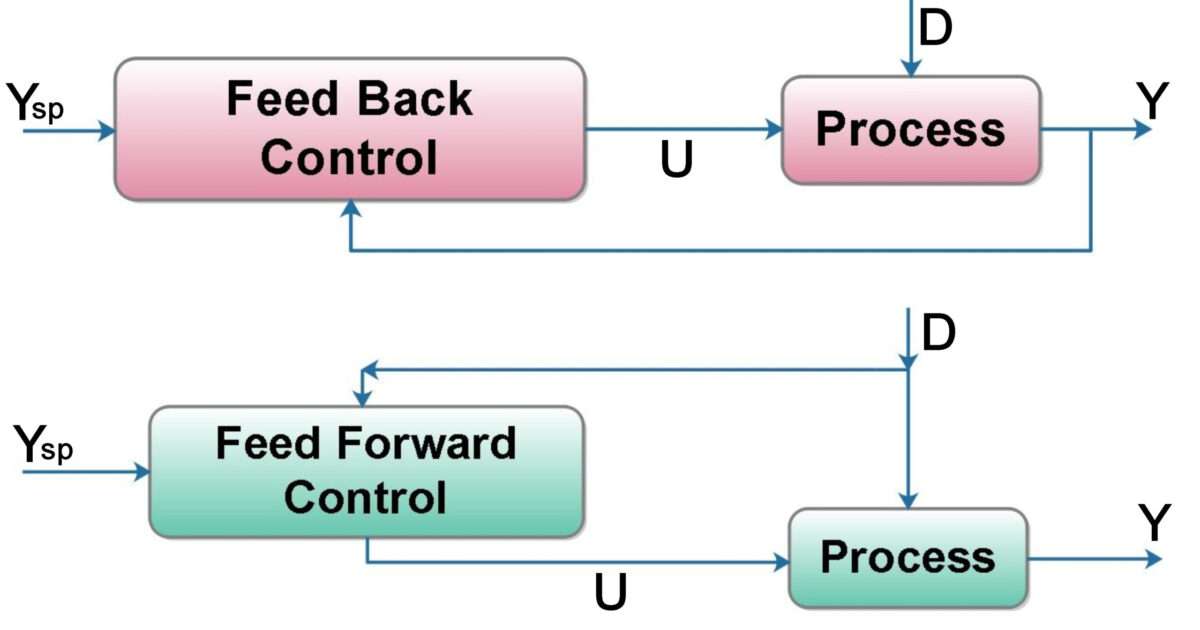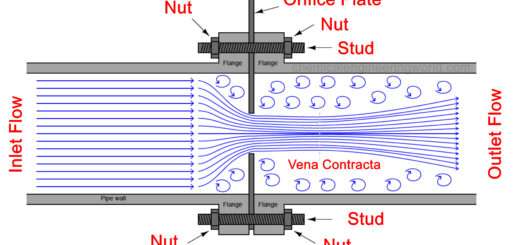What is the purpose of safety valve?
What is the purpose of safety valve?
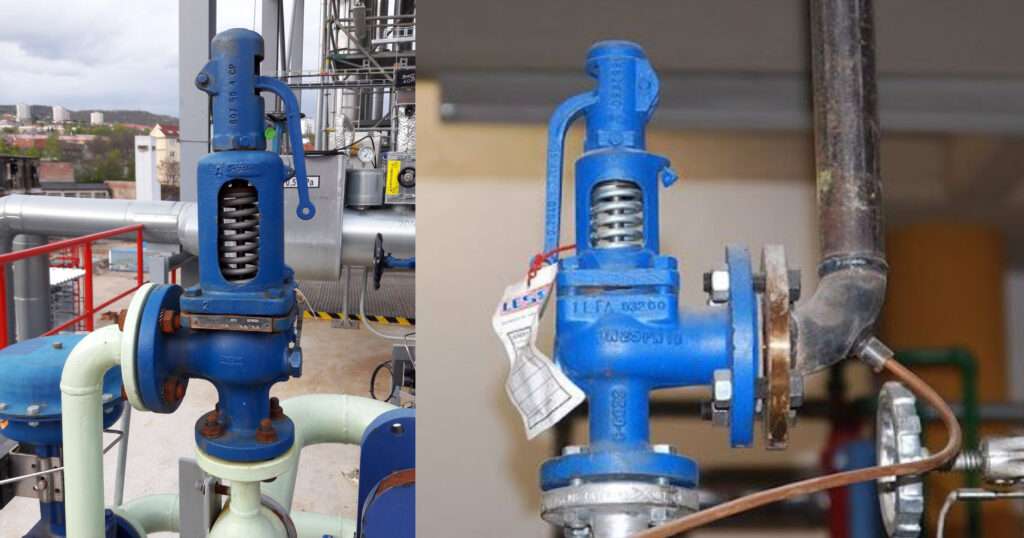
What is the purpose of safety valve?
Materials processed in Chemical or Process or Petroleum or Petrochemical industries for converting raw materials into useful products are generally Fluidic in nature. Fluids flows through pipes from one equipment to another and it can be processed to be heated, cooled, evaporated, condensed, mixed, expanded, compressed or reacted.
All fluids whether at rest or flowing have pressures associated with them. Each and every equipment has a permissible value of pressure which it can withstand without breaking apart. Normally, this safety limit is provided in terms of Design Pressure.
The Operating Pressure associated with the fluid in any equipment whether the fluid is at rest or flowing should be smaller than the given Design Pressure. If the operating pressure becomes equal to or larger than design pressure then the system is said to be over-pressurized.
The danger of operating an over-pressurized system is that the fluid has the potential to break the equipment and expand into the environment. It will expand until equilibrium is reached between the fluid and the environment. Thermodynamically this process is referred to as an Explosion.
Explosions cause damage to the environment. It leads to loss of lives and properties. Hence it is an important task to install instruments in equipments which may have the dangers to get over-pressurized due to some event. The causes of such events occurring are various in numbers:
A flammable liquid may get ignited by an external source. This may cause it to burn and produce gases. The gases will go on accumulating inside the closed vessel due to which system may become over-pressurized.
One of the passages of a system operating a volatile liquid may become chocked or partially blocked due to which gases will go on accumulating gradually.
If a Reaction is occurring which has a possibility to Runaway then it may easily get over-pressurized and result in an accident.
Some reactions produce gases which have to be condensed down the line. Generally cooling Coils or Jackets are used to cool and condense gases in the equipment. If a malfunction occurs in the process of heat exchange then the gases will accumulate and contribute to increasing pressure.
Liquids which have a very high thermal expansion coefficient also contribute in the increasing pressure if the temperature of the system increases considerably.
These events may occur individually or simultaneously. One of the instruments which are installed to depressurize the over-pressurized system are Pressure Safety Valve (PSV) and Pressure Relief Valve (PRV).
Difference Between PSV and PRV
Reference:- theprocesspiping
Image:- differencebetween

